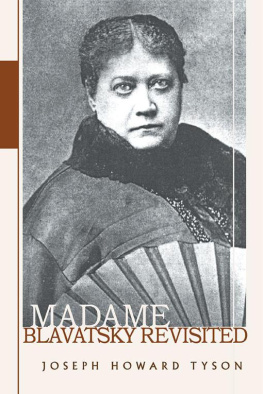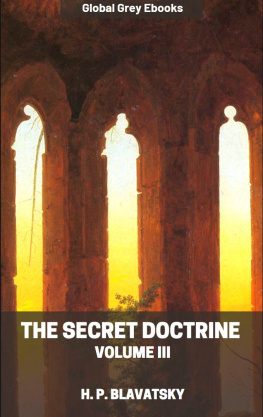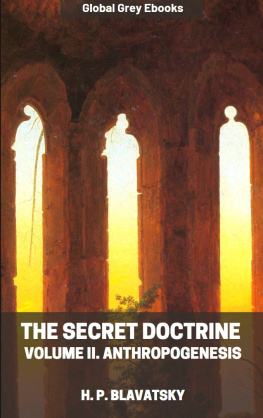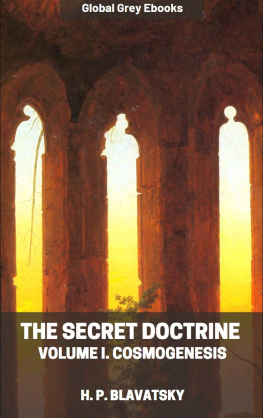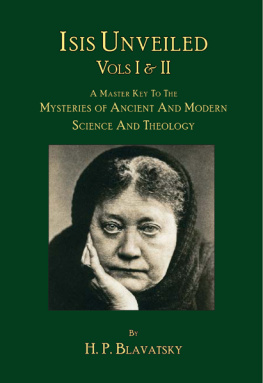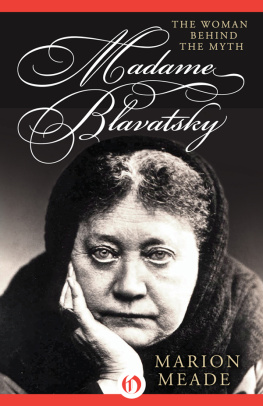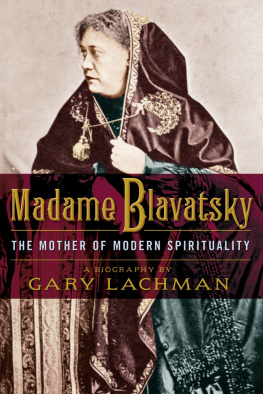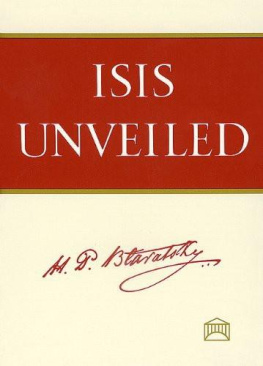Reading suggestions
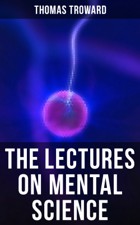 | Thomas Troward:
The Lectures on Mental Science |
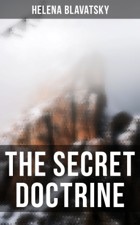 | Helena Blavatsky:
The Secret Doctrine |
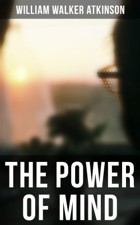 | William Walker Atkinson:
THE POWER OF MIND SERIES: The Power of Concentration, The Key To Mental Power Development And Efficiency, Thought-Force in Business and Everyday Life, The Inner Consciousness |
BEFORE THE VEIL.
Joan. Advance our waving colors on the walls!
King Henry VI. Act IV.
"My life has been devoted to the study of man, his destiny and his happiness."
J. R. BUCHANAN, M.D., Outlines of Lectures on Anthropology.
It is nineteen centuries since, as we are told, the night of Heathenism and Paganism was first dispelled by the divine light of Christianity; and two-and-a-half centuries since the bright lamp of Modern Science began to shine on the darkness of the ignorance of the ages. Within these respective epochs, we are required to believe, the true moral and intellectual progress of the race has occurred. The ancient philosophers were well enough for their respective generations, but they were illiterate as compared with modern men of science.
DOGMATIC ASSUMPTION OF MODERN SCIENCE AND THEOLOGY
The ethics of Paganism perhaps met the wants of the uncultivated people of antiquity, but not until the advent of the luminous "Star of Bethlehem," was the true road to moral perfection and the way to salvation made plain. Of old, brutishness was the rule, virtue and spirituality the exception. Now, the dullest may read the will of God in His revealed word; men have every incentive to be good, and are constantly becoming better.
This is the assumption; what are the facts? On the one hand an unspiritual, dogmatic, too often debauched clergy; a host of sects, and three warring great religions; discord instead of union, dogmas without proofs, sensation-loving preachers, and wealth and pleasure-seeking parishioners' hypocrisy and bigotry, begotten by the tyrannical exigencies of respectability, the rule of the day, sincerity and real piety exceptional. On the other hand, scientific hypotheses built on sand; no accord upon a single question; rancorous quarrels and jealousy; a general drift into materialism. A death-grapple of Science with Theology for infallibility "a conflict of ages."
At Rome, the self-styled seat of Christianity, the putative successor to the chair of Peter is undermining social order with his invisible but omnipresent net-work of bigoted agents, and incites them to revolutionize Europe for his temporal as well as spiritual supremacy. We see him who calls himself the "Vicar of Christ," fraternizing with the anti-Christian Moslem against another Christian nation, publicly invoking the blessing of God upon the arms of those who have for centuries withstood, with fire and sword, the pretensions of his Christ to Godhood! At Berlin one of the great seats of learning professors of modern exact sciences, turning their backs on the boasted results of enlightenment of the post-Galileonian period, are quietly snuffing out the candle of the great Florentine; seeking, in short, to prove the heliocentric system, and even the earth's rotation, but the dreams of deluded scientists, Newton a visionary, and all past and present astronomers but clever calculators of unverifiable problems.
Between these two conflicting Titans Science and Theology is a bewildered public, fast losing all belief in man's personal immortality, in a deity of any kind, and rapidly descending to the level of a mere animal existence. Such is the picture of the hour, illumined by the bright noonday sun of this Christian and scientific era!
Would it be strict justice to condemn to critical lapidation the most humble and modest of authors for entirely rejecting the authority of both these combatants? Are we not bound rather to take as the true aphorism of this century, the declaration of Horace Greeley: "I accept unreservedly the views of no man, living or dead"? Such, at all events, will be our motto, and we mean that principle to be our constant guide throughout this work.
Among the many phenomenal outgrowths of our century, the strange creed of the so-called Spiritualists has arisen amid the tottering ruins of self-styled revealed religions and materialistic philosophies; and yet it alone offers a possible last refuge of compromise between the two. That this unexpected ghost of pre-Christian days finds poor welcome from our sober and positive century, is not surprising. Times have strangely changed; and it is but recently that a well-known Brooklyn preacher pointedly remarked in a sermon, that could Jesus come back and behave in the streets of New York, as he did in those of Jerusalem, he would find himself confined in the prison of the Tombs. What sort of welcome, then, could Spiritualism ever expect? True enough, the weird stranger seems neither attractive nor promising at first sight. Shapeless and uncouth, like an infant attended by seven nurses, it is coming out of its teens lame and mutilated. The name of its enemies is legion; its friends and protectors are a handful. But what of that? When was ever truth accepted a priori? Because the champions of Spiritualism have in their fanaticism magnified its qualities, and remained blind to its imperfections, that gives no excuse to doubt its reality. A forgery is impossible when we have no model to forge after. The fanaticism of Spiritualists is itself a proof of the genuineness and possibility of their phenomena. They give us facts that we may investigate, not assertions that we must believe without proof. Millions of reasonable men and women do not so easily succumb to collective hallucination. And so, while the clergy, following their own interpretations of the Bible, and science its self-made Codex of possibilities in nature, refuse it a fair hearing, real science and true religion are silent, and gravely wait further developments.
THE PLATONIC PHILOSOPHY AFFORDS THE ONLY MIDDLE GROUND
The whole question of phenomena rests on the correct comprehension of old philosophies. Whither, then, should we turn, in our perplexity, but to the ancient sages, since, on the pretext of superstition, we are refused an explanation by the modern? Let us ask them what they know of genuine science and religion; not in the matter of mere details, but in all the broad conception of these twin truths so strong in their unity, so weak when divided. Besides, we may find our profit in comparing this boasted modern science with ancient ignorance; this improved modern theology with the "Secret doctrines" of the ancient universal religion. Perhaps we may thus discover a neutral ground whence we can reach and profit by both.
It is the Platonic philosophy, the most elaborate compend of the abstruse systems of old India, that can alone afford us this middle ground. Although twenty-two and a quarter centuries have elapsed since the death of Plato, the great minds of the world are still occupied with his writings. He was, in the fullest sense of the word, the world's interpreter. And the greatest philosopher of the pre-Christian era mirrored faithfully in his works the spiritualism of the Vedic philosophers who lived thousands of years before himself, and its metaphysical expression. Vyasa, Djeminy, Kapila, Vrihaspati, Sumati, and so many others, will be found to have transmitted their indelible imprint through the intervening centuries upon Plato and his school. Thus is warranted the inference that to Plato and the ancient Hindu sages was alike revealed the same wisdom. So surviving the shock of time, what can this wisdom be but divine and eternal?


